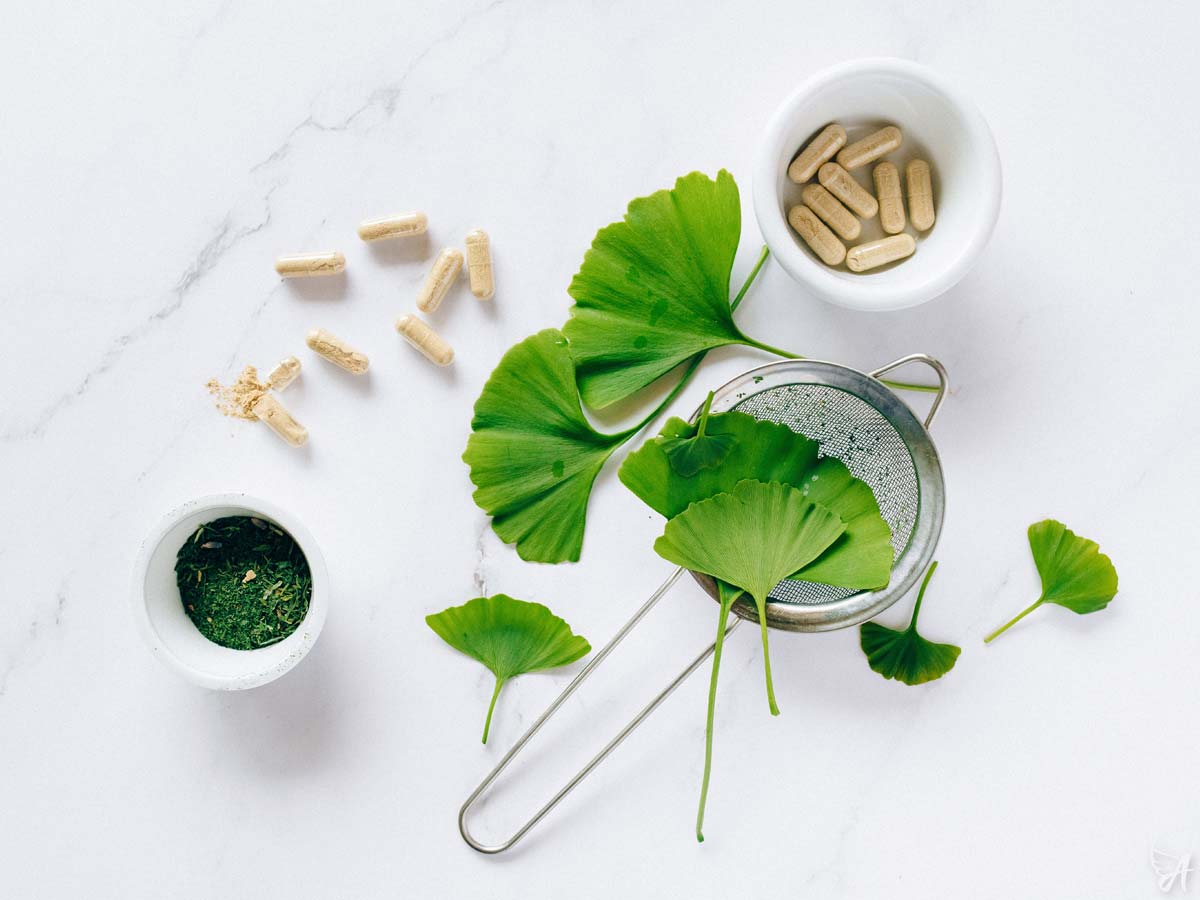by Hannah de Gruchy May 11, 2022

If you take any kind of vitamin, mineral or superfood supplement, then you may have noticed something extra in the ingredients list: these are additives – fillers, binders and bulking agents - that serve to bulk out or complete the tablet or capsule.
Artificial additives and bulking agents in vitamin supplements have no nutritional value, and as a general rule, don’t make the ingredients in the supplements any more beneficial (although there are some exceptions to this rule).
Although in a minority, some supplement brands are free from artificial fillers and are considered purer and cleaner than supplements from the brands that do use them.
The most common ingredients found in supplements are vitamins and minerals. Then we might choose to also take supplements containing other plant-based compounds such as herbs, antioxidants, phytonutrients and enzymes.
All of these are known as ‘micronutrients’ as we need them in tiny, or micro amounts. (As opposed to ‘macronutrients’ – carbohydrates, proteins and fats that we need in large or macro amounts to provide us with calories and energy.)
Therefore, as we need them in such small amounts, there might not be enough to warrant making an actual tablet or capsule.
So, a lot of brands will include so-called bulking agents and fillers, often known as excipients, to make the tablet or capsule bigger and more tangible so that we can pick them up, put them into our mouths and swallow them.

Supplements in tablet form can also contain binding agents. Tablets are generally made from powered micronutrients and other active ingredients, that are then mechanically compressed together. Often, binding agents are required to help everything remain in the shape of a tablet.
Liquids, powders and two-part capsules don’t generally need excipients or binders, but they may still contain bulking agents so the product can be easily divided into serving sizes.
So, it looks on the surface as if these ingredients are needed. But most of the time, any kind of filler or bulking agent is used because it’s cheaper than adding in other beneficial ingredients or using two-part capsules where the ingredients don’t need to be bound together.

If a supplement contains an excipient, it will be listed under ‘other’ ingredients that are usually separate from the ‘active’ ingredients. Fillers, binders and bulking agents can take on many forms and be listed as:
It’s also worth looking for other additives such as:
All ingredients used in food supplements have to be considered safe for human consumption. Common fillers and binders can make supplements cheaper to us as consumers, easier to swallow and may even improve the bioavailability (how well we can use them) of certain nutrients.

However, studies suggest that some might not be as safe as was once thought, and we would argue that manufacturers potentially need to change the excipients they use to a safer, food-grade ingredient, such as rice flour.
Plus of course, we take vitamins to supplement our health. Therefore, we’re simply better off taking a supplement that’s pure, without any questionable ingredients.
Many common, cheaper brands of supplements contain bulking agents and binders. But it isn’t the case for all brands. Supplement brand G&G Vitamins, for example, contain zero artificial fillers. In fact, most G&G supplements contain zero fillers, and where they do, it’s the natural ingredient rice flour, to help make individual vitamins easier to take.
At for the Ageless, we believe in selling food supplements without these additives where possible, and instead promoting brands that use pure ingredients for maximum health benefit. For example, our vitamins without artificial fillers or additives include a range of multivitamins and individual vitamins including artificial additive-free children’s vitamins.
With purity at their core, vitamins and food supplements are there to help support a healthy body and mind, when taken alongside a healthy lifestyle and diet. So why add unnecessary ingredients?
Comments will be approved before showing up.
Tracked & signed
Orders over £35
Orders over £199
Soil Association certified
Chat, email or call
Hannah de Gruchy
Author